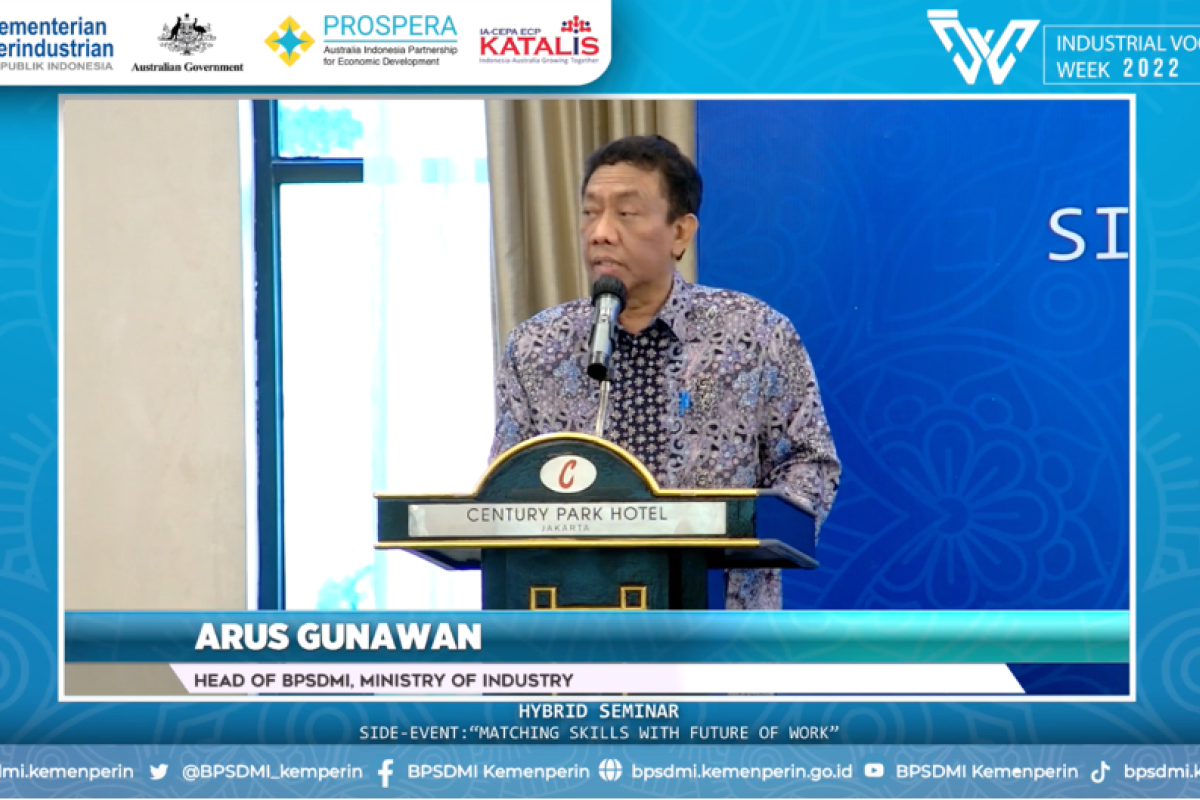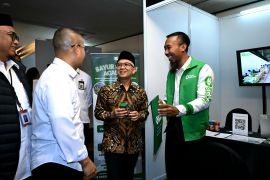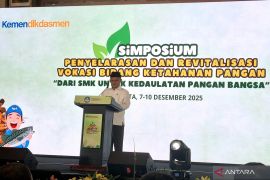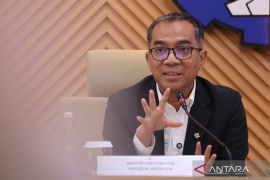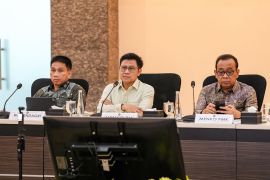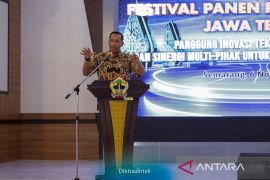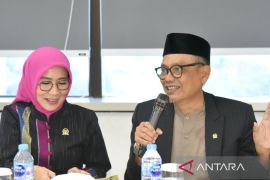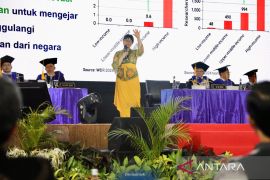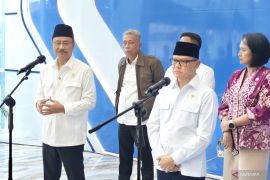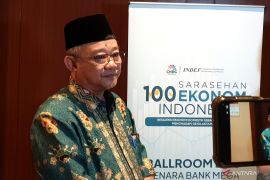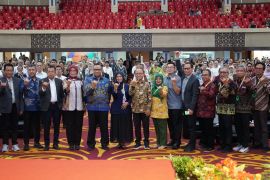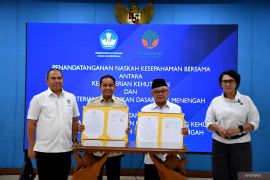This aims to ensure that the workforce has requisite skills to cater to demands of current and future jobs.
"TVET can connect students with the industry and equip them with the practical skills needed by the industry," head of the industrial resources development agency at the Industry Ministry Arus Gunawan noted in a statement received here on Wednesday.
According to a study by McKinsey, automation would replace 23 million jobs in Indonesia by 2030, but on a brighter note, as many as 46 million new jobs will be created if Indonesia is able to keep up with this change.
"With this structural shift, the skills required by the industry have also changed," he pointed out.
He stated that the World Economic Forum estimated that top 10 skills needed by 2025 comprised analytical abilities, complex problem solving, creativity, and originality.
"To make use of this mega trend, Indonesia must increase the productivity of its workers, including in the industrial sector," Gunawan pointed out.
Thus, the ministry's agency is collaborating with Prospera, Katalis, and the Australian Government to organize the Industrial Vocational Week 2022 Side-event: Matching skills with future of work.
“Building a TVET ecosystem that meets the needs of the industry (sector) is not easy. Thus, increasing cooperation and collaboration with stakeholders is very important," he affirmed.
Related news: Ministry backs 1,204 centers of excellence vocational schools in 2022
Tim Stapleton, Minister-Counselor (Economic, Infrastructure and Investment) at the Australian Embassy remarked that through the programs, the Australian Government was supporting Indonesia's efforts to adopt skills geared towards future jobs.
Nearly 200 participants partook in the seminar, both in person and virtually. The participants comprised those from educational units within the ministry, industry partners, and representatives of relevant ministries and institutions.
Other attendees were from the Australian Department of Foreign Affairs and Trade (DFAT), Asian Development Bank, VAPRO International Indonesia, TVET System Reform Program-GIZ, ILO, TVET System Reform Program-GIZ, ILO, Swiss Skills for Competitiveness Program (S4C), ADB , UNESCO-UNEVOC, and the ASEAN Secretariat.
Director of Manpower at the National Development Planning Ministry Mahatmi Parwitasari Saronto stated that the government had continued to work to revitalize all components of the vocational sector and ensure that they were demand-oriented.
"This will be done through a labor market information system, rebranding TVET institutions, reforming TVET institutions and facilities, redesigning TVET programs, revitalizing infrastructure, reorienting human resources, and increasing cooperation and collaboration among all stakeholders," she stated.
Katalis dispatched Australian skills facilitators to Indonesia's digital platform and developed the Indonesia-Australia Exchange platform.
Indonesian job seekers can do reskilling or upskilling by accessing online training that suits their needs.
“Katalis is focused on supporting Indonesian workers to acquire the skills they need to do their jobs better by bringing in Australian TVET providers to fill the training content and delivery gaps,” Katalis' Lead Advisers (Skills), Clarice Campbell, noted.
Related news: Vocational Matching Fund proposals up 300%: ministry
Related news: Gov't working to improve quality of human resources: minister
Translator: Sella P G, Mecca Yumna
Editor: Suharto
Copyright © ANTARA 2022
